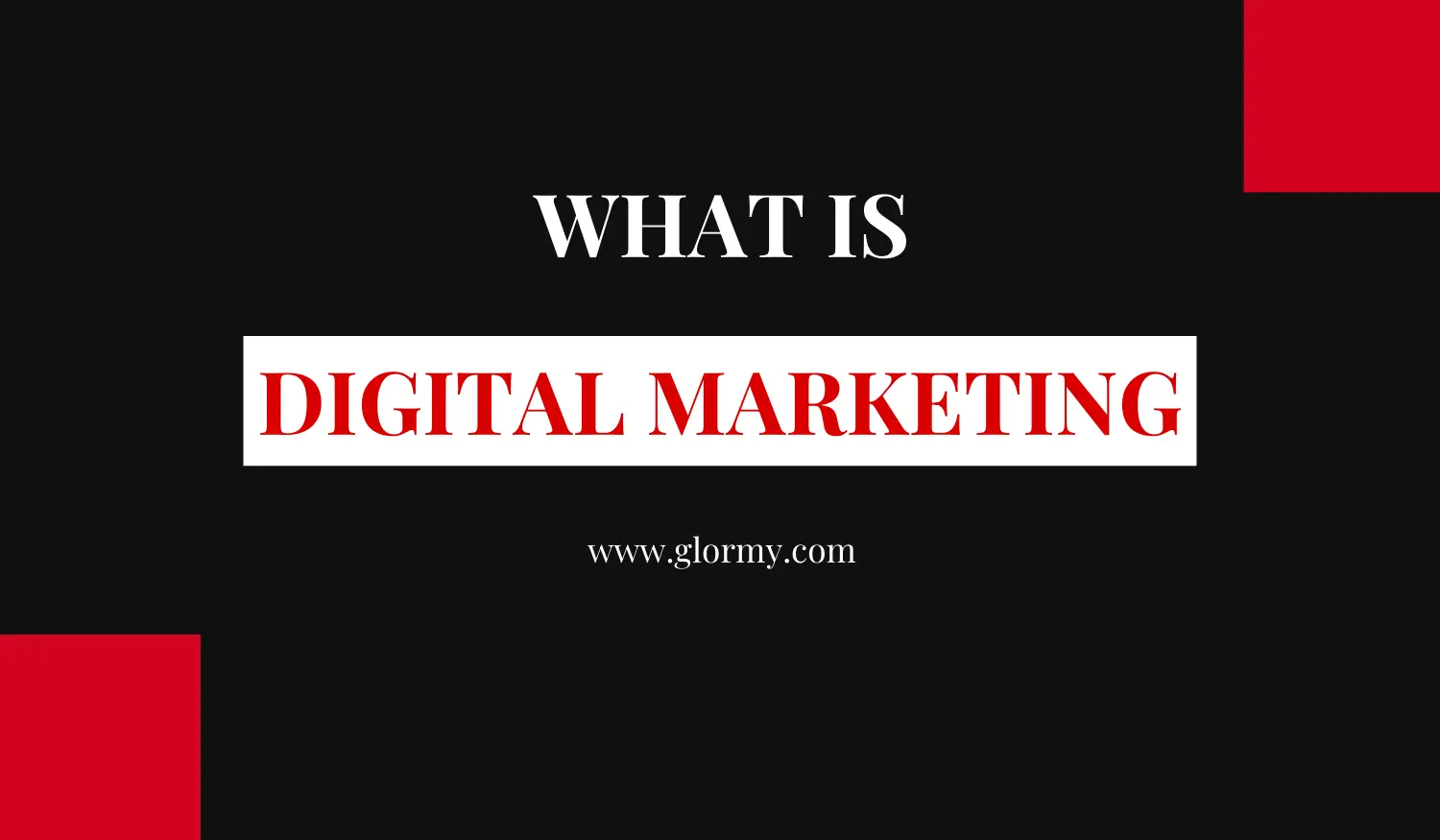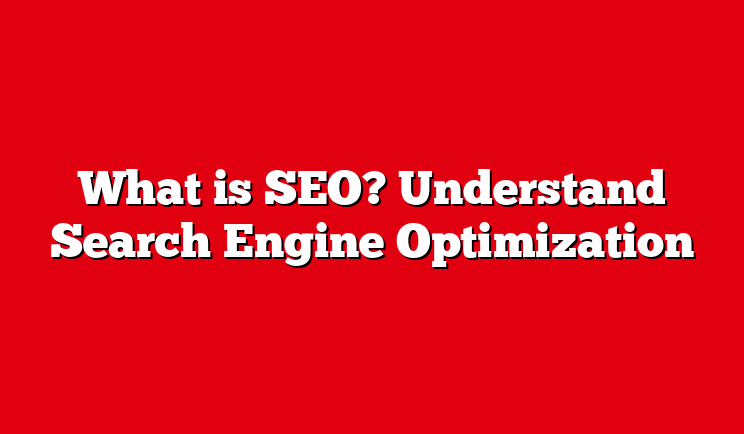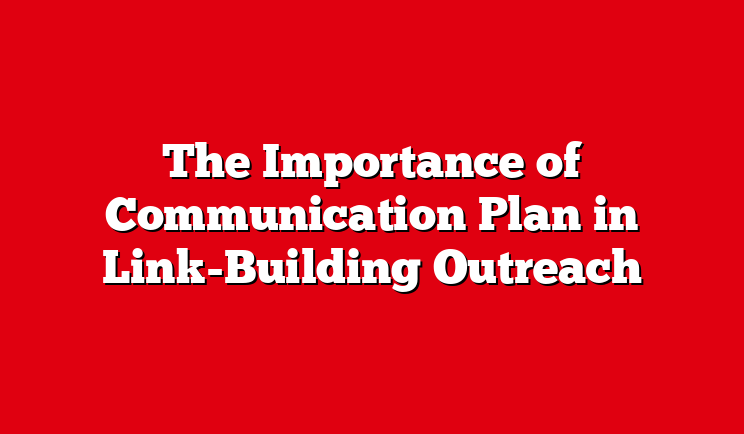Understanding Digital Marketing: Benefits and Fundamentals
In the modern world, digital marketing is among the most integral parts of contemporary business strategies. In the developing digital landscape, any success-focused business should familiarize itself with the details concerning digital marketing. In this article, we will not only discuss digital marketing but also cover its key components, benefits, and strategies. So, without wasting any time, let’s get started.
Table of Contents
What is Digital Marketing?
Simply, digital marketing is how companies use various digital channels to market their products or services to reach their core target audience. Although it is often pitted against traditional marketing, which relies on physical mediums like print and television, digital marketing in reality encompasses a broad spectrum of strategies and platforms. This includes leveraging rural internet options to extend reach and ensure inclusivity, allowing businesses to connect with audiences even in less urbanized areas. Beyond online technologies like social media, it also involves non-internet channels such as SMS, digital billboards, and other electronic media. This broader approach enables businesses to effectively engage with a wider and more diverse audience.
Key Components of Digital Marketing
Search Engine Optimization (SEO):
It is the process that is utilized in the effort to optimize the content of a website for an improvement in ranking position within the search engine results pages (SERPs). This is important since, with the best improved visibility in search rankings, it accumulates to better traffic. Drill down deeper into SEO with Moz’s Beginner’s Guide to SEO.
Content Marketing:
Content marketing is a strategy focused on creating and giving away valuable, consistent content to attract and retain a clearly defined audience. The purpose of content marketing is to drive profitable customer action.
Social Media Marketing:
That means promoting any product or service with the help of social media like Facebook, Twitter, and Instagram. The social media market not only improves the scope and customer contact but also is highly vital in improving the brand scope of a product or service.
Pay-Per-Click (PPC):
PPC means pay-per-click—it is an internet-based model of marketing used to drive in traffic towards websites. PPC is a model where advertisers pay a fee each time one of their ads is clicked. One of the most famous PPC advertising platforms is Google Ads.
Email Marketing:
This sends focused, specific messages that are pointed at the promotion of products, services, or even events. This form of direct marketing engages potential customers in a personalized way, ensuring that your audience reads your email.
Browse through Mailchimp’s Email Marketing Guide for best practices in email marketing.
Affiliate Marketing:
This is performance-based marketing whereby a business rewards one or more affiliates for every visitor or customer brought about by the marketing efforts of the affiliate.
Benefits of Digital Marketing
Digital marketing offers numerous advantages over traditional marketing techniques. Here are some key benefits:
Cost-Effectiveness
Digital marketing provides an affordable alternative to expensive traditional marketing channels, such as television and print media. Small businesses can save quite an amount with a digital marketing strategy to really come in contact with their customers without breaking their bank.
Measurable Results
The major benefits of digital marketing are tracking and measurement done quite easily through Google Analytics and other tools. View real-time results with a lot of detail, which makes their decisions data-based.
Enhanced Engagement
Digital marketing strategies may also involve real-time interactions of businesses with their consumers. It may involve modifications to be carried out in engagements on the basis of consumer interactions, having a degree of personalization.
Greater Reach
In addition, digital marketing helps you to overcome any of the geographical limits of your business. It opens a world market for your company, as it allows the selling of products or the provision of services to a wider circle of consumers.
Improved Conversion Rates
The online customer conversion is just some clicks away. Digital marketing may show quite an effective and convenient purchasing path, so the growth of the conversion rate can be high.
Strategic Implementation of Digital Marketing
To effectively implement digital marketing strategies, businesses should consider the following steps:
Define Objectives:
Clearly defined objectives guide the strategy and execution phases of digital marketing.
Identify Your Audience:
No other thing would probably be of greater importance than understanding who your audience is and what, in particular, they want. This helps in coming up with a message and campaign that is really going to mean something to your audience.
Choose the Right Tools:
Use the appropriate digital marketing tools that best suit your strategy. Some of the tools that you are likely to need may range from SEO services, content management systems, SEO audit, and even email marketing software, but having the right tools will go a long way in really helping you.
Search Engine Optimization (SEO) tools:
These tools help you optimize your website and content to rank higher in search engine results pages (SERPs). This can increase organic traffic to your website and improve brand visibility.
Some popular SEO tools include:
- Google Search Console: A free tool from Google that provides insights into your website’s organic traffic and performance.
- SEMrush: An all-in-one SEO tool that offers keyword research, competitive analysis, backlink tracking, and more.
- Ahrefs: Another popular SEO tool that provides keyword research, competitor analysis, backlink tracking, and rank tracking.
Social Media Management Tools:
These tools help you schedule and publish content on social media platforms, manage social media accounts, track your social media performance, and engage with your audience.
Some popular social media management tools include:
- Hootsuite: A popular social media management tool that allows you to schedule and publish content, track your performance, and engage with your audience across multiple social media platforms.
- Buffer: Another popular social media management tool that allows you to schedule and publish content, track your performance, and engage with your audience across multiple social media platforms.
- Sprout Social: A social media management tool that offers a variety of features, including scheduling and publishing content, tracking your performance, and engaging with your audience, as well as social listening and analytics.
Content Marketing Tools:
These tools help you create and manage your content marketing strategy. This can include tools for keyword research, content creation, content calendar management, and content distribution.
Some popular content marketing tools include:
- BuzzSumo: A content marketing tool that helps you find trending content and topics.
- Grammarly: A grammar checker and plagiarism checker that helps you ensure your content is error-free and well-written.
- Canva: A graphic design tool that allows you to create high-quality visuals for your content.
Email Marketing Tools:
These tools help you create, send, and track your email marketing campaigns. This can be a great way to nurture leads, generate sales, and build customer relationships.
Some popular email marketing tools include:
- Mailchimp: A popular email marketing tool that offers a free plan for businesses with up to 2,000 subscribers.
- Constant Contact: Another popular email marketing tool that offers a variety of features, including email marketing automation, landing page creation, and reporting.
- Drip: An email marketing tool that is designed for e-commerce businesses.
Customer Relationship Management (CRM) Tools:
These tools help you manage your interactions with your customers and leads. This can include storing customer data, tracking sales leads, and providing customer support.
Some popular CRM tools include:
- Salesforce: A popular CRM tool that offers a variety of features, including sales force automation, marketing automation, and customer service.
- HubSpot CRM: A free CRM tool that offers a variety of features, including contact management, lead tracking, and deal management.
- Zoho CRM: Another popular CRM tool that offers a variety of features, including sales force automation, marketing automation, and customer service.
Marketing Automation Tools:
These tools help you automate repetitive marketing tasks, such as sending emails, scheduling social media posts, and nurturing leads. This can free up your time to focus on other strategic marketing initiatives.
Some popular marketing automation tools include:
- Pardot: A marketing automation tool that is designed for B2B businesses.
- HubSpot Marketing Hub: A marketing automation tool that offers a variety of features, including email marketing, social media marketing, landing page creation, and web analytics.
- MailChimp: It is a powerful marketing platform that helps you create engaging email campaigns, find B2B leads, and grow your business.
Analytics and Reporting Tools:
These tools help you track your marketing performance and measure the success of your marketing campaigns. This can help you identify what’s working and what’s not, so you can make adjustments to your marketing strategy as needed.
Some popular analytics and reporting tools include:
- Google Analytics: Free website tracker by Google, revealing how visitors find and use your site.
- Google Search Console: A free tool from Google that provides insights into your website’s organic traffic and performance.
- Facebook Insights: A free tool from Facebook that provides insights into your Facebook page’s performance.
Analyze and Adapt:
What this means is that you need to analyze the output of your digital marketing effort from time to time. Thus, it will give you a clear understanding of what does and what does not work, and you shall make necessary strategic changes for improvement.
Conclusion
Digital marketing, therefore, assumes eminence as a part of the modern strategy toolkit for businesses. It is cost-effective, measurable, and allows for improved engagement. Companies can find success in all capacities because of the marketing tools within. As businesses are scaling new heights from the digital avenues in the current scenario, the role of digital marketing is increasing only to make the set of relationships profitable for businesses.











